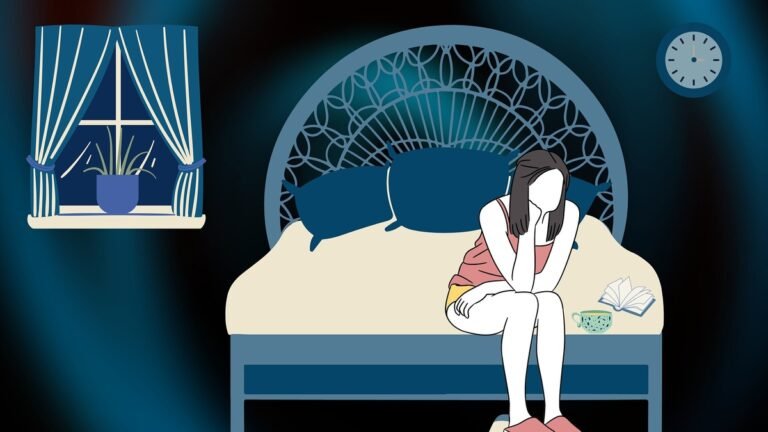Understanding the relationship between sleep, circadian rhythms, and mental health
The complex relationship between sleep, biological clocks, and mental health has become an important area of research in recent years. A growing body of evidence suggests that disruptions to your sleep patterns and body clock, also known as your circadian rhythm, can cause or worsen a variety of mental illnesses, including depression and anxiety.
A recent research review revealed that sleep problems, such as insomnia, are more common in people with mental health disorders than in the general population. Disturbances in sleep and circadian rhythms are likely to occur during adolescence and young adulthood, a critical period for the development of mental health, and can lead to serious mental health problems later in life. there is.
The role of circadian rhythm disturbances in psychiatric disorders
Understanding the role of circadian rhythm disturbances in the development and maintenance of mental illness has been a difficult challenge for researchers. Factors such as genetics, light exposure, neuroplasticity, and lifestyle habits such as night shifts and eating patterns can all influence your sleep-wake cycle and, in turn, your mental health.
Differences in sleep patterns and rhythms have been observed in patients presenting with unipolar or bipolar major depressive episodes. These sleep circadian disruptions have a profound impact on both the quality and timing of sleep, and have a major impact on an individual’s mental health.
new treatments and interventions
Our increasing understanding of the relationship between sleep, circadian rhythms, and mental health is paving the way for the development of new treatments and interventions. Innovative multicomponent interventions such as cognitive behavioral therapy for insomnia (CBT-I), targeted therapies such as light therapy, and transdiagnostic interventions for sleep and circadian dysfunction (Trans-C) are improving mental health outcomes. It shows potential for improvement.
Personalized interventions addressing different aspects of sleep and circadian rhythms have also been proposed. For example, adjusting the timing of medications, meals, and exercise can affect your circadian cycle and prevent mood disorders. Additionally, lifestyle changes such as avoiding night shifts and eating during the day rather than at night can help maintain mental health.
Our goal
Advances in sleep and circadian science are improving the understanding and treatment of mental illnesses and may lead to more effective solutions for people suffering from these disorders. Addressing sleep circadian disorders provides an opportunity to develop new prevention and treatment strategies for mental illness.
This study provides valuable insight into the complex relationship between sleep, circadian rhythms, and mental health. This suggests that a more holistic approach to addressing sleep circadian disturbances may become an important component in the prevention and treatment of psychiatric disorders. These findings highlight the importance of maintaining healthy sleep patterns and aligning with your body’s natural sleep-wake cycles for optimal mental health.


